Published
3 years agoon
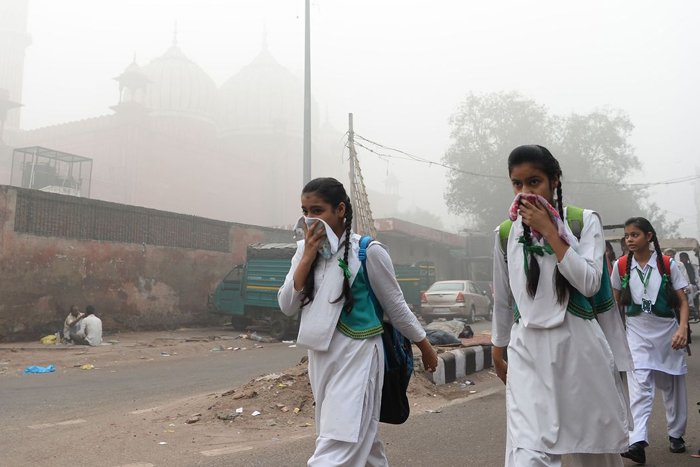
Delhi’s air quality remained “severe”, with stubble burning accounting for 30 per cent of the PM2.5 pollution in the capital, according to the Central Pollution Control Board and SAFAR, a forecasting agency under the Ministry of Earth and Sciences.
Today, the Air Quality Index (AQI) at Noida (UP) is 529, 478 in Gurugram (Haryana) and 534 near Dhirpur, all in ‘Severe’ category. Delhi’s overall AQI is currently in ‘Severe’ category at 431.
On 4 November, Delhi Chief Minister Arvind Kejriwal and his Punjab counterpart Bhagwant Mann owned responsibility for paddy straw burning in the agrarian state and promised to curb the practice by next winter.
“We (AAP) have our government in Punjab and we are responsible if ‘parali’ is being burnt there. Farmers are not responsible for it,” Kejriwal said in a joint press conference with Mann.
Kejriwal further clarified that air pollution is a ‘North Indian problem’, hence, AAP or Delhi government is not solely responsible for it.
“Air pollution is a North India problem. AAP, Delhi Govt or Punjab govt are not solely responsible. Now not the time for blame game,” AAP supremo said.
The number of stubble burning incidents in Punjab rose 12.59 per cent year-on-year to 26,583 in the last 50 days, with a spurt in such cases after Diwali, according to the latest Indian Council of Agricultural Research (ICAR) data.
However, when compared to Punjab, the number of paddy stubble burning events in Haryana, Uttar Pradesh, Rajasthan, Madhya Pradesh and Delhi remained lower between September 15 and November 4 this year, the data showed.
The Commission for Air Quality Management (CAQM) on Thursday decided to implement measures under Stage IV of the Graded Response Action Plan (GRAP) -- a set of anti-pollution measures followed in the national capital and its vicinity, according to the severity of the situation -- in view of the worsening air quality in Delhi-NCR.
As citizens, some dos and don’ts can be followed like wearing N-95 masks when stepping out, staying hydrated, following a good diet, investing in air purifying indoor plants, avoid smoking.
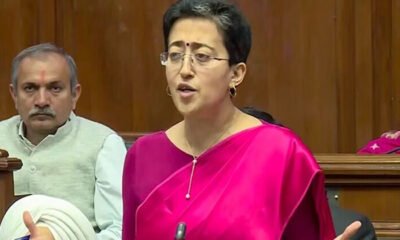

Delhi Budget: AAP government to provide ₹1000 to every woman aged 18 yrs & above


Centre’s GRAP Action Plan To Curb Air Pollution In Delhi Comes Into Force Today
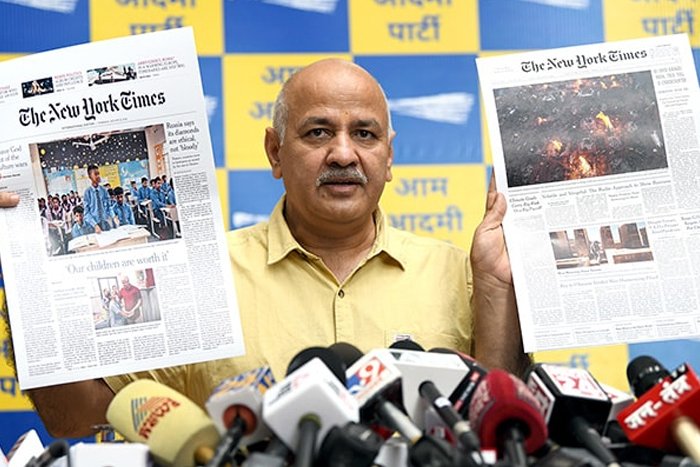

Manish Sisodia Barred From Travelling Abroad Amid Liquor Policy Probe
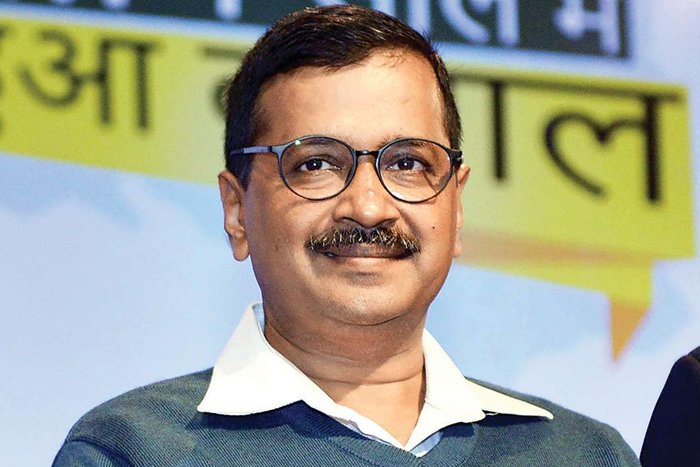

Arvind Kejriwal to protest against centre in Delhi today: ‘For Kashmiri Pandits’
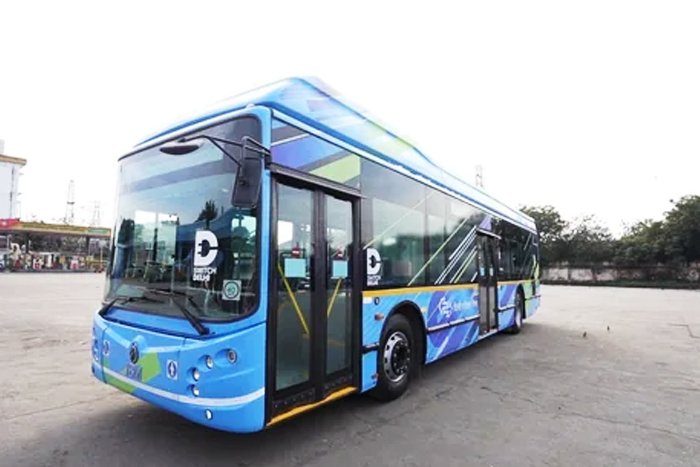

Arvind Kejriwal to flag off Delhi’s first DTC electric bus today
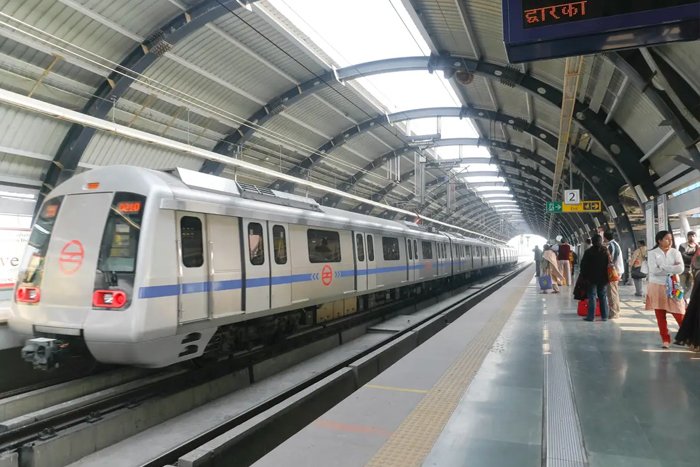

Delhi Unlock Guidelines From June 1: Will Delhi Metro Open? What About Shops, Markets?
